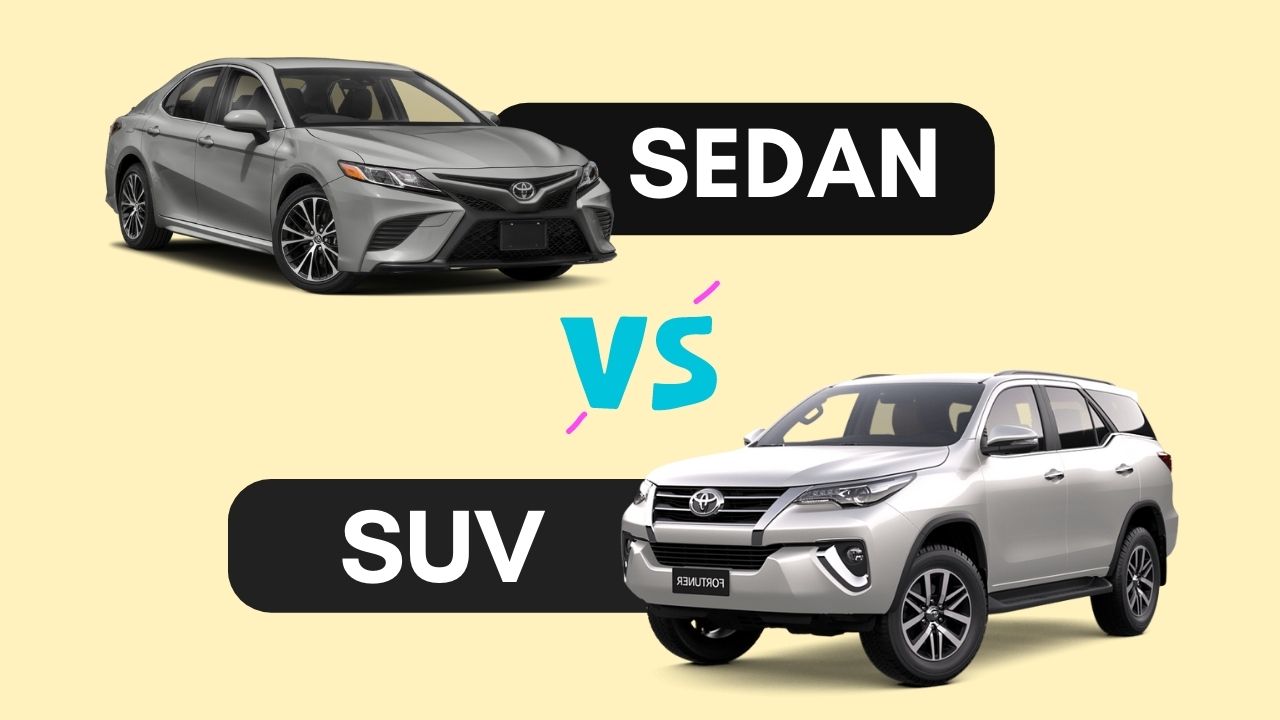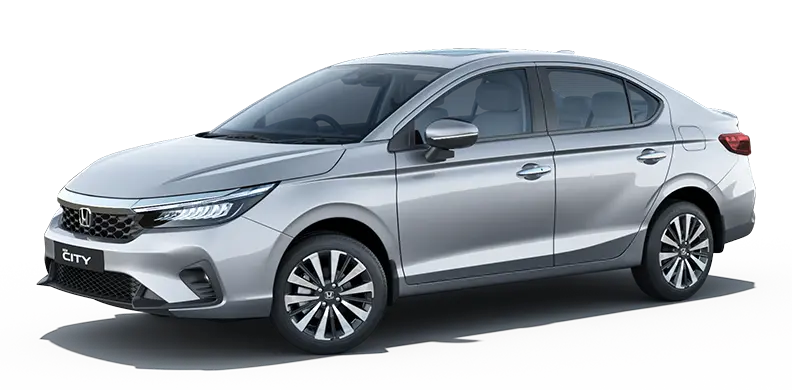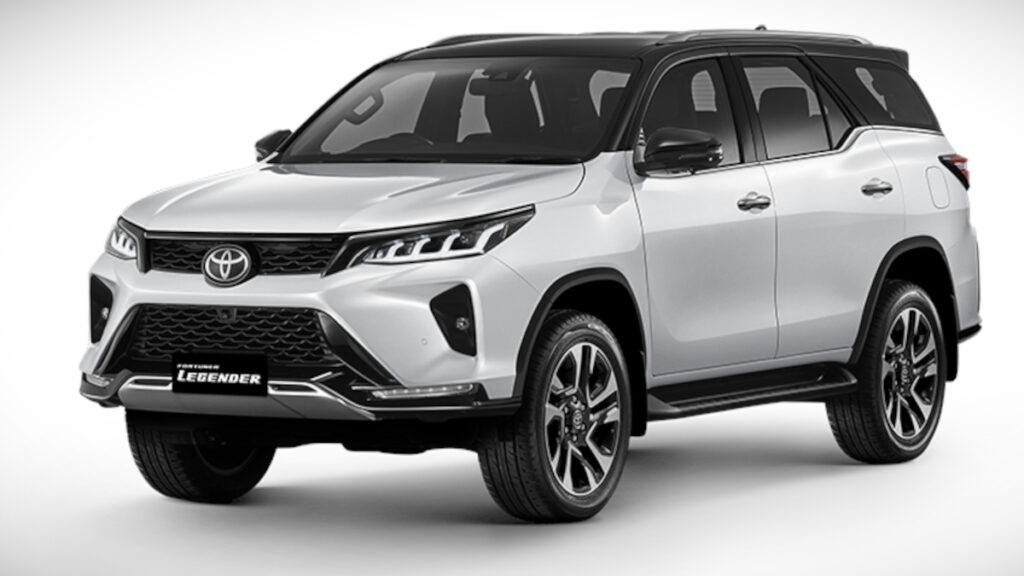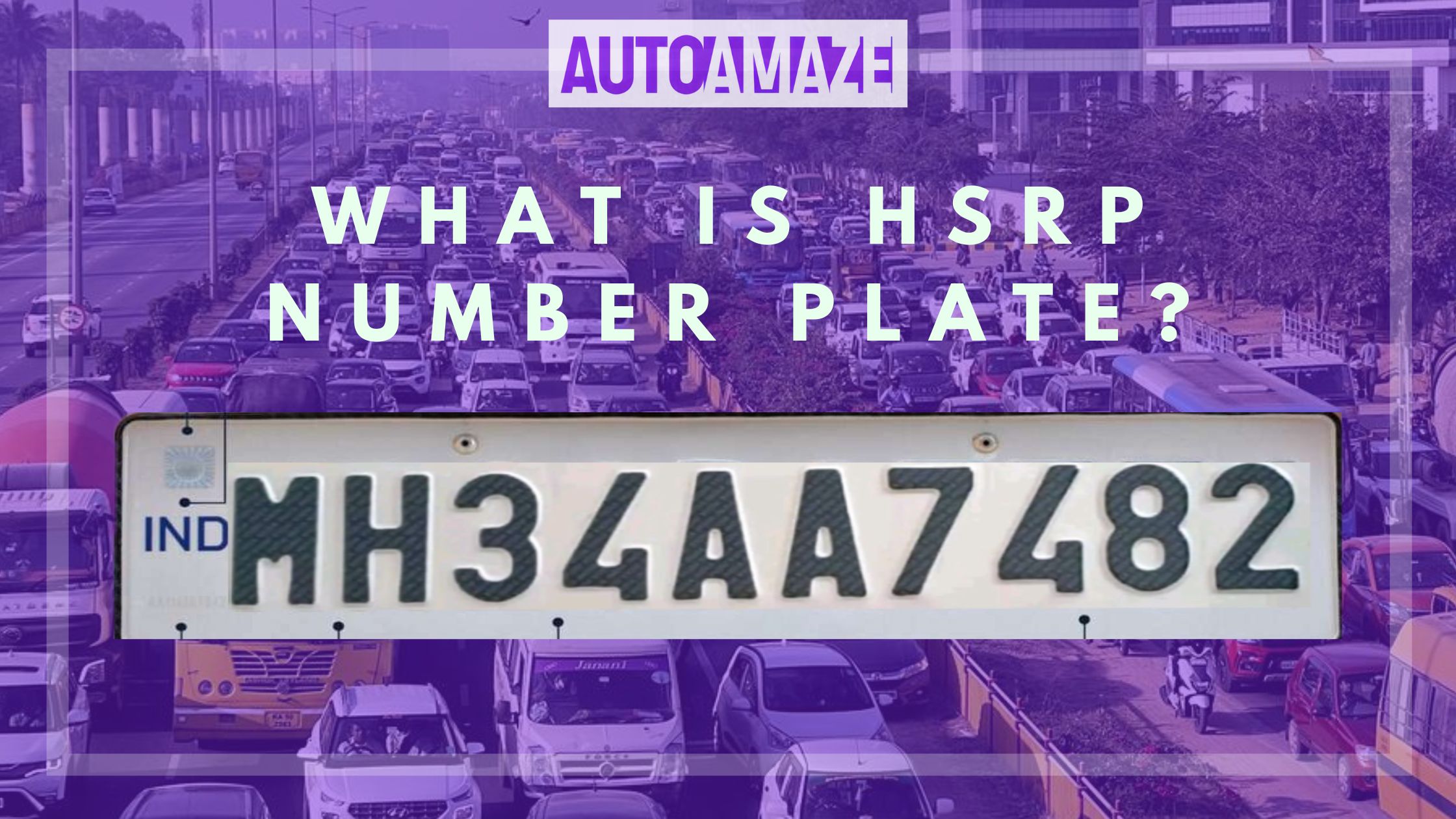
Table of Contents
Introduction
Sedan or SUV which is better is one of the most common challenges is deciding the car. Both types of cars have advantages and disadvantages, but knowing which one is best for you can be confusing. In this article, we will look into the age-old argument and examine the variables that distinguish each vehicle type. Whether you’re navigating the hectic city streets or venturing off the beaten path, it’s important to identify which vehicle is best for your lifestyle and the road conditions you’ll experience.
Sedans and SUVs each have unique benefits and cater to different preferences and demands. Sedans have long been a popular choice for urban commuters and those looking for a comfortable ride, thanks to their attractive design and swift handling. SUVs on the other hand, provide a sense of adventure and durability for individuals who prefer exploring the road less travelled, thanks to their sturdy build and all-terrain capabilities.
However, determining which is better ultimately comes down to your personal preferences. Fuel efficiency, safety features, financial concerns, practicality, and handling are all important factors in making the right decision. By the end of this article, you will have the essential information that will assist you in making a decision.
Sedan or SUV which is better on Indian Road Conditions
Indian roads have for their congestion, potholes, and uneven surfaces. Urban areas often witness heavy traffic, making manoeuvrability a priority. Sedans with their compact size and agile handling, can pass through narrow lanes and crowded streets more efficiently than their bulkier SUV counterparts. However, sedans may face difficulties in areas with poor road maintenance, as their lower ground clearance can result in frequent bottoming out or damage from speed breakers.
On the other hand, SUVs are better equipped to tackle the challenges of Indian road conditions. With their higher ground clearance and sturdy build, SUVs offer an advantage on rough terrains, pothole-ridden roads, and unpaved surfaces. They provide a sense of confidence and stability. Additionally, SUVs’ all-wheel-drive or four-wheel-drive capabilities make them suitable for off-roading adventures and exploring remote areas
Understanding India’s various road conditions is critical for selecting the right car. Sedans are great for commuters who want fuel efficiency, comfort, and mobility in congested areas. SUVs are suggested for people who frequently drive on bad roads or want the freedom to explore off-the-beaten-path sites due to their toughness and versatility.
Advantages of Sedan Car on Indian Roads

- Manoeuvrability: Their compact size allows for easy navigation through crowded streets, narrow lanes, and tight parking spaces. In congested cities, sedans provide drivers with the agility needed to swiftly navigate through traffic and find convenient parking spots
- Fuel Efficiency: Fuel efficiency is a significant consideration for Indian drivers, given the fluctuating fuel prices. Sedans generally offer better mileage compared to larger vehicles like SUVs. Their lightweight construction and aerodynamic design contribute to reduced drag, resulting in improved fuel economy and cost savings over time
- Lower Maintenance Costs: Sedans typically have lower maintenance costs compared to SUVs. With fewer complex mechanical components and a lighter build, sedans generally require less frequent servicing and have more affordable parts. This advantage can save owners money in the long run and provide peace of mind when it comes to maintenance expenses.
- Smooth and Comfortable Ride: Sedans are known for their smooth and comfortable ride quality. They are designed to prioritise passenger comfort, with features like well-cushioned seats, effective suspension systems, and reduced noise levels. Whether navigating bumpy roads or long stretches of highway, sedans offer a pleasant and enjoyable driving experience.
Advantages of SUV Car on Indian Roads

- High Ground Clearance: One of the standout features of SUVs is their elevated ground clearance. This attribute allows them to navigate through uneven and pothole-ridden roads with ease, reducing the risk of damage to the vehicle’s undercarriage and providing a smoother ride for passengers
- All-Terrain Capabilities: SUVs are designed to handle a variety of terrains, making them ideal for Indian roads that can range from well-maintained highways to rugged rural areas. Their sturdy construction, combined with features like four-wheel drive and enhanced traction control, enable SUVs to tackle challenging off-road conditions and navigate through slippery surfaces with confidence.
- Interior Space: SUVs offer generous interior space, making them perfect for larger families or individuals who require extra headroom and comfort. Additionally, SUVs provide good boot space, allowing you to transport luggage, sports equipment, or other bulky items without compromising passenger comfort.
- Enhanced Safety: SUVs often come equipped with advanced safety features, such as robust chassis construction, multiple airbags, stability control, and traction control systems. The elevated driving position in SUVs provides better visibility, allowing drivers to have a clearer view of the road and potential hazards, enhancing overall safety.
Needs and Preferences for Sedan or SUV
Assessing your needs and preferences is crucial when choosing between a sedan or SUV. By considering your lifestyle, passenger and cargo requirements, road conditions, and budget, you can make an informed decision that aligns with your priorities. Remember, the “better” option depends on your individual circumstances. Take the time to evaluate your needs, test-drive both options, and choose the vehicle that best suits your lifestyle and driving preferences.
Financial Aspect of Sedans or SUVs

- Initial Cost: Sedans generally have a lower initial cost compared to SUVs. The compact size and simpler construction of sedans contribute to their affordability. If you’re looking for a more budget-friendly option, a sedan might be a favourable choice.
- Maintenance and Repairs: Sedans typically have lower maintenance and repair costs. They often have simpler mechanical systems and use more readily available parts, which can contribute to reduced servicing expenses. SUVs, with their more complex components and larger size, may require costlier maintenance.
- Insurance Premiums: Insurance premiums can vary between sedans and SUVs. Generally, SUVs tend to have higher insurance rates due to their higher value and potential for greater damage in accidents. Sedans, being smaller and more affordable, may have comparatively lower insurance premiums.
Ultimately, the cost implications of choosing between a sedan and an SUV depend on your financial situation, driving habits, and long-term goals. By carefully considering factors like initial cost, fuel efficiency, maintenance, insurance, and resale value, you can make a financially wise decision that meets your needs and aligns with your budget.
Conclusion
In this ongoing discussion of sedan vs SUV which is better, ultimately depends on your individual needs, preferences, and driving conditions.
Popular Sedan Cars in 2024
Popular SUV Cars in 2024
Also Read: SUV Cars under 10 Lakhs – A Comprehensive Guide





